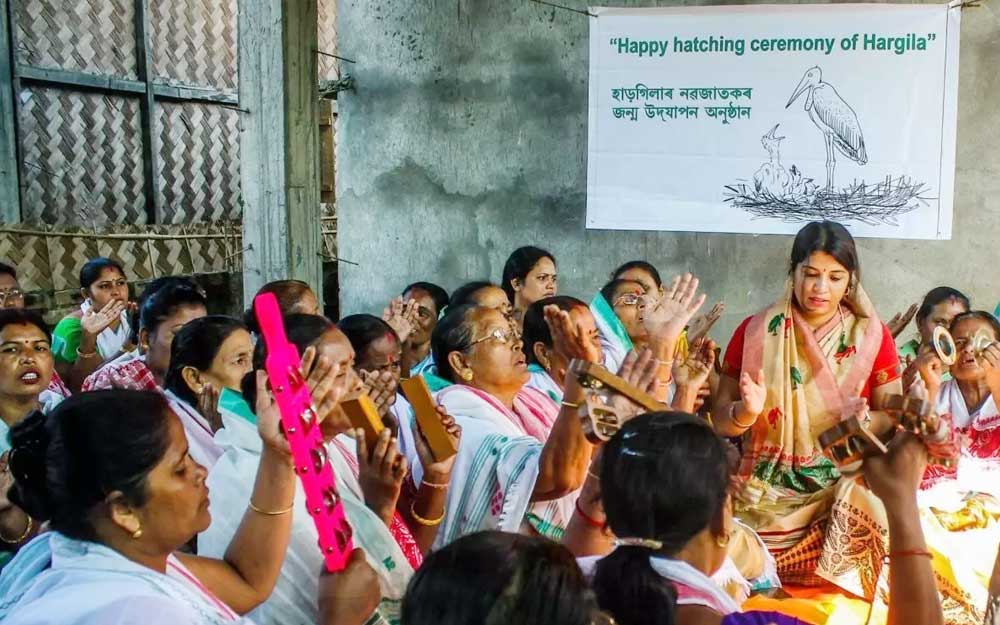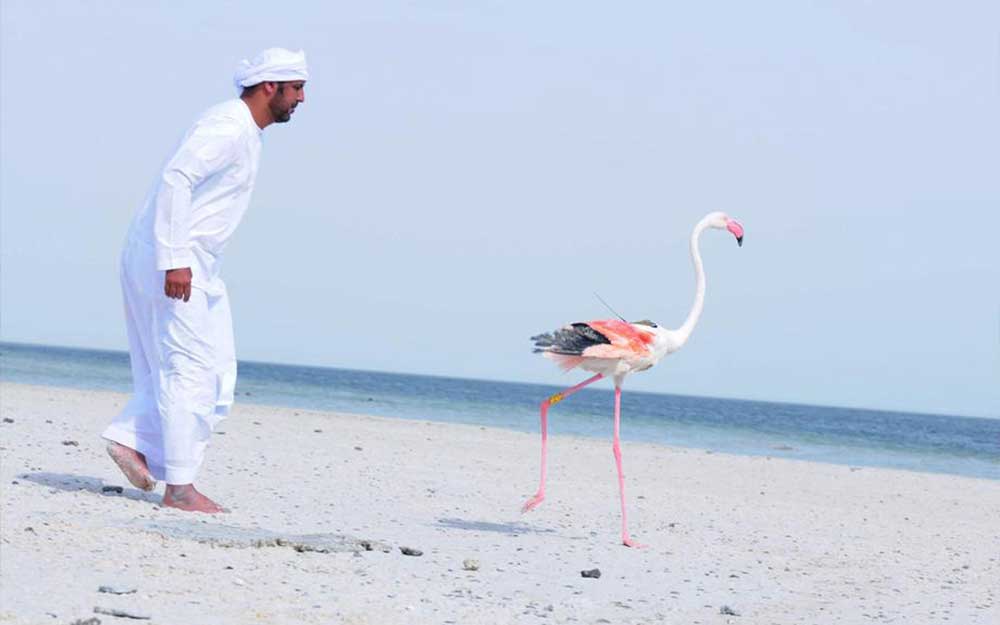In an op-ed published today in the World Economic Forum's Agenda, Razan Al Mubarak discusses why it is essential that women are fully engaged and equally represented in biodiversity conservation — at the grassroots level and in the leadership of governments and NGOs.
Ms. Al Mubarak writes:
“Women in many parts of the world, especially women in indigenous communities, are among the first to experience the devastating impact of [the] extinction pandemic. In fact, they are often nature’s first responders, security detail, and scientists searching for a cure to the crisis engulfing their communities.’
Noting that the World Economic Forum predicts that gender equality is still almost a century away at the current rate of change, Ms. Al Mubarak calls on leaders to urgently accelerate the pace now.
“As we implement the UN Convention on Biological Diversity over the next decade, we must prioritize enhancing the participation and engagement of women and girls. This means striving to expand their ranks on all fronts, particularly in regions and cultures where they may still face inequality. The United Arab Emirates, where I am from, has successfully prioritized gender equality in multiple areas. More than half of the country’s university degrees in science, technology, engineering, and math now go to women; four of our primary environmental agencies and organizations are led by women; women comprise half of the Federal National Council, the country's advisory legislature, and one-third of the Cabinet; and according to the World Economic Forum, the UAE ranks second throughout the world in wage equity.”

